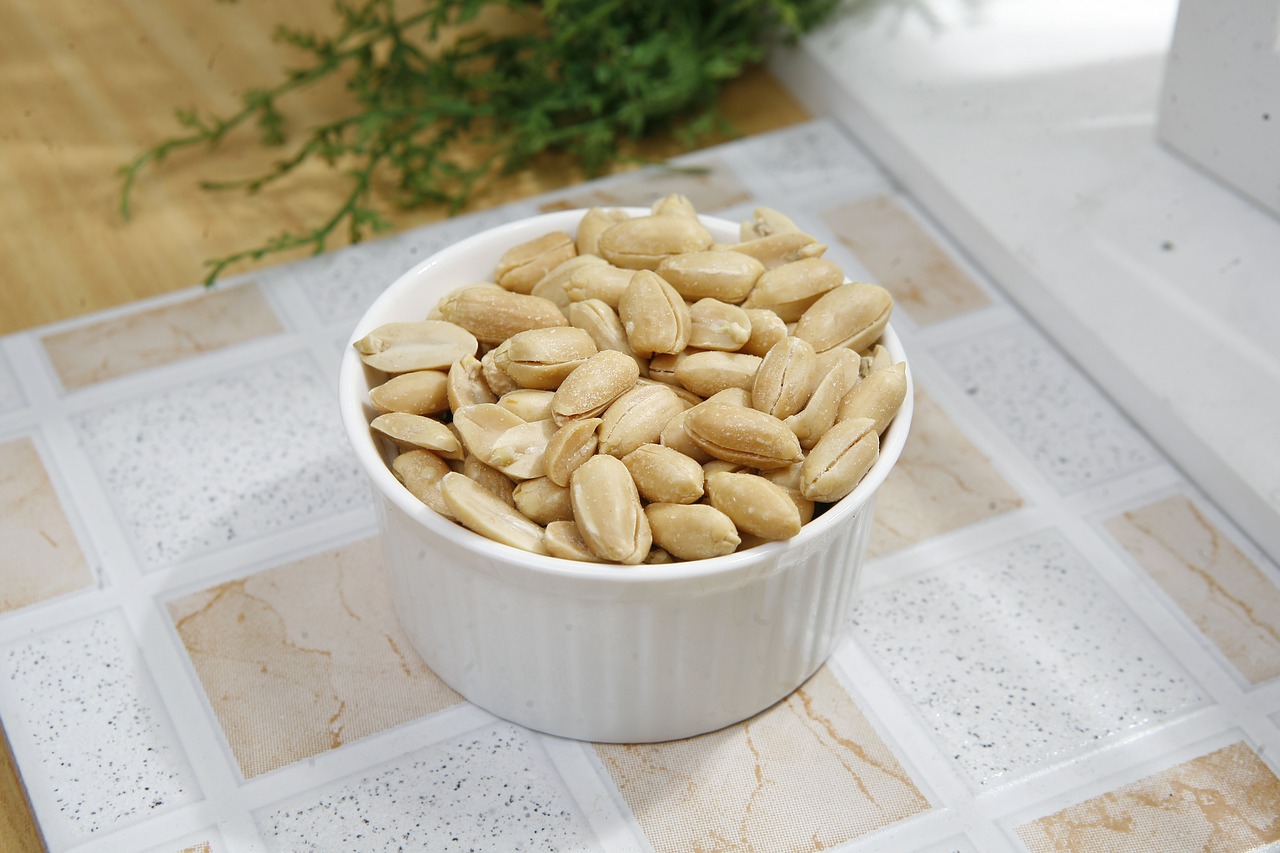People grow up hearing that peanuts are high in fat and can cause considerable weight gain if eaten regularly. However, choosing to leave peanuts out of one’s diet solely for this reason may be just plain nuts. Peanuts and other nuts provide nutritional benefits and promote longer, healthier lives. Despite common misconceptions about them, peanuts may actually be the super food that everybody needs.
It’s true that peanuts are relatively high in fat, and therefore, contain more calories per gram than protein-heavy or sugar-heavy foods. However, a study conducted by Purdue University showed surprising results: individuals who included peanuts in their diet had less body fat, showed smaller waist sizes, and ultimately lost more weight than those who didn’t have peanuts in their diet.
The high fat and protein content in peanuts quickly fills up one’s appetite, causing one to eat fewer foods that are filled with carbohydrates and simple sugars such as candy and potato chips. Eating junk food leads to fewer “empty” calories that provide no nutritional value and take up space in the form of fats. Peanuts, like other nuts, can also resist certain body enzymes during digestion, so not all the calories in nuts are absorbed and stored as fat in the body. While it may be true that peanuts have a high fat content, this ends up doing more good than harm for the individual.
Besides weight loss and high protein content, peanuts also provide a variety of benefits that encompass essentially every aspect of human maintenance and growth, from high Vitamin E content to natural antioxidants. Overall, the nutritional benefits that come from eating peanuts are plentiful and potent enough to see significant results in only a short period of time. Even in the long run, peanut consumption can prolong one’s life and reduce the risks of cardiovascular disease, as one study shows.
Image Source: Adam Gault
In essence, the only downside to peanut consumption is for the subset of people who are allergic to peanuts and cannot eat them. However, prospective parents can still have some control over their children’s peanut allergies. A study published in JAMA Pediatrics showed that peanut consumption by pregnant mothers and toddlers under 11 months of age can significantly reduce children’s risk of developing peanut allergies. More details on preventing peanut allergies can be found here.
By now, it should be clear that eating peanuts helps one lose weight, eat healthier, and live longer. While personal preference for the nut may vary for everyone, there is no denying that the peanut is indeed a superfood.










